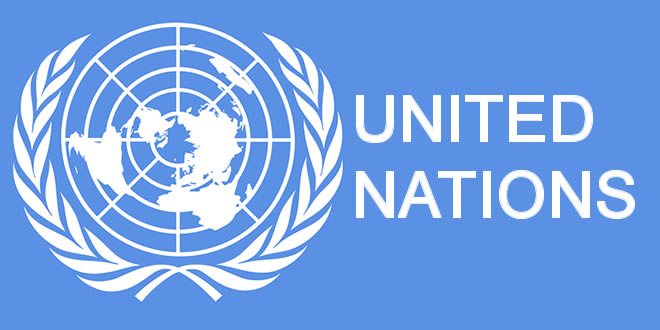

The United Nations (UN) says three million people worldwide are stateless, most of them minorities, a status that deprives them of an identity, rights, and often jobs.
The office of the UN High Commissioner for Refugees (UNHCR) in a report on Friday said Muslim Rohingyas in Buddhist-majority Myanmar form the world’s biggest stateless minority, with some 600,000 having fled violence and repression since late August and taken refuge in Bangladesh.
In the report,”This is Our Home“– Stateless Minorities and their Search for Citizenship”, the UNHCR called on governments to end the discriminatory practice by 2024.
“If you live in this world without a nationality, you are without an identity, you are without documentation, without the rights and entitlements that we take for granted … having a job, having education, knowing that your child belongs somewhere,” Carol Batchelor, director of UNHCR’s division of international protection, told a news conference.
UNHCR said governments should give nationality to people born on their territory if they would otherwise be stateless, and facilitate naturalization for a long time stateless residents.
The UNHCR said other stateless groups, many of whom have lived for generations in their homelands, include many Syrian Kurds, the Karana of Madagascar, Roma in the Former Yugoslav Republic of Macedonia, and the Pemba of Kenya. “We can concretely say there are over 3 million identified stateless persons, but that would certainly not be the scope in totality,” Batchelor said.
“We need to ensure that there is not a deliberate, arbitrary exclusion or deprivation of nationality.” Asked whether Rohingya fell into the category of those deliberately excluded and deprived of nationality, Batchelor said:
“We can only look at the result … “Myanmar has a nationality law. It outlines categories of persons that are considered to be citizens of Myanmar. The Rohingya are not on that list.”
The office said some 30,000 stateless people in Thailand have acquired nationality since 2012 and the Makonde, a community of 4,000, became Kenya’s 43rd officially recognized tribe in 2016.
“We are seeing reductions in Thailand, in central Asia, in Russia, in Western Africa.
“The numbers are not nearly as substantial as they would need to be for us to end statelessness by 2024,” said Melanie Khanna, head of UNHCR’s statelessness section.
A former governor of Osun State, Ogbeni Rauf Aregbesola has disclosed that traditional rulers in…
Abbas Sani Abbas, the former Commissioner for Rural and Community Development in Kano State,…
The Economic and Financial Crimes Commission (EFCC) has summoned Subomi and Wahab Okoya, sons of…
In Osun State today, the pulse of the people is abuzz with various stories that…
As of today, January 11th, 2025, the Nigerian naira has depreciated to an unprecedented level…
Residents of Ifon-Orolu in Orolu local government area of Osun State have alleged Ilobu community…
This website uses cookies.